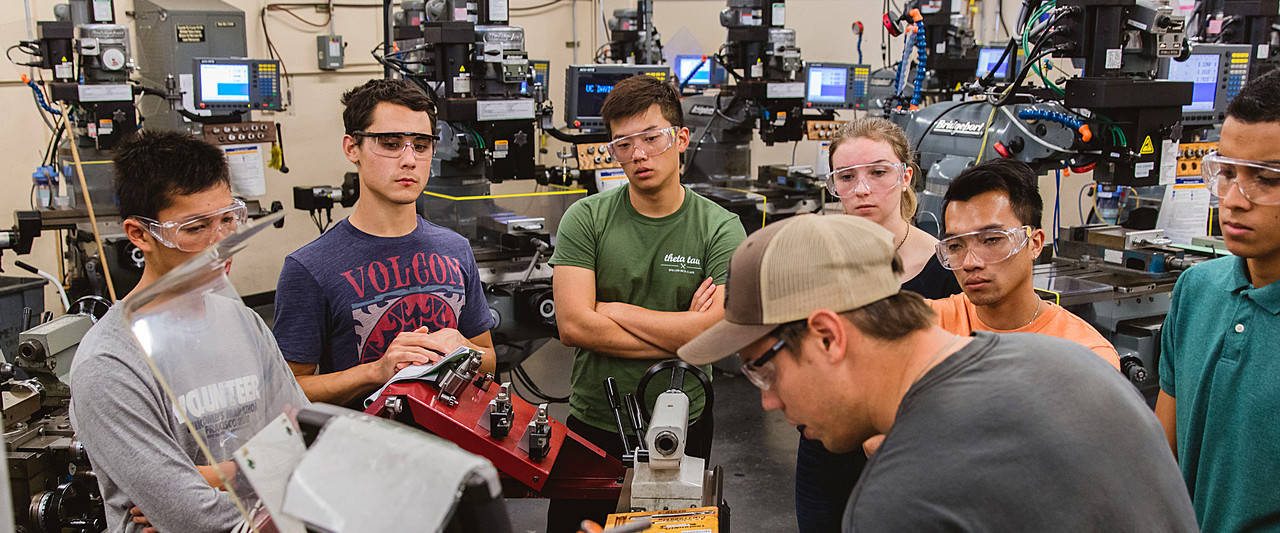
The world of military technology is a fascinating and vital sector for numerous countries, and the minds behind the advanced weaponry we see in action are the weapon systems designers. These professionals combine engineering prowess with strategic thinking to craft the systems that keep us safe—systems that span from the drawing board to their application in the field.
Here’s your actionable guide to entering this innovative and impactful career field.
Pursue a Degree in Engineering or a Related Field

Building a career as a weapon systems designer starts with education. Most weapon systems designers have at least a bachelor’s degree in engineering, physics, or a related field. However, for those looking to advance even further, a master’s or Ph.D. in a specialized engineering discipline can open up more opportunities in designing complex weapon systems.
Does my university’s reputation matter?
University reputation does play a role, especially when looking for employment in competitive fields. Look for programs that are known for their engineering or military technology departments.
Specialize in Weapons or Defense Systems

Landing a career in weapon system design can be made easier by specializing in defense systems during your education. Seek out internships and projects that focus on military technologies. Joining a university with strong ties to defense contractors or research can also provide valuable hands-on experience in a variety of projects.
Gain Experience through Internships and Co-ops

Hands-on experience is just as crucial as classroom learning. Look for internships or co-op programs with defense companies or government agencies. This will provide practical knowledge and help you build a network of professionals in the field.
What types of internships should I pursue?
Look for internships that offer you the opportunity to work on actual projects, even in a supporting role. The exposure and experience are what matter most.
Don’t Forget Security Clearances
Many positions in weapon systems design require a high-security clearance. Start the process early, and maintain a spotless personal and academic record to ensure that your clearance is not hampered.
Network with Industry Professionals

Build a strong professional network by attending industry conferences, joining professional organizations, and connecting with peers and mentors in the field. These connections can provide you with valuable insight, mentorship, and potential job opportunities.
How do I network in a highly classified and secretive industry?
In this industry, networking opportunities may be more limited, but joining professional organizations and being active on secure, career-focused social platforms can provide a level of connectivity while maintaining the necessary discretion.
Create a Safe Environment With Fifty50 Forever Home
Fifty50 Forever Home aims to create a safer environment by preventing the misuse of firearms. They offer a secure way to dispose of unwanted guns, reducing the risk of violence.
Visit their website to learn more about this important initiative and how you can contribute to a safer community.

Recent Comments